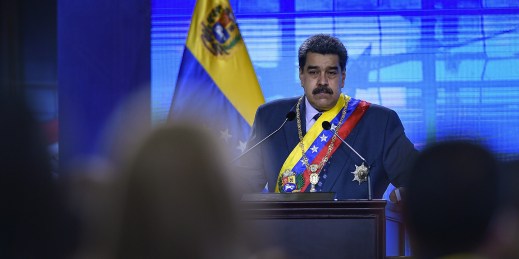Latin America Archive
Free Newsletter
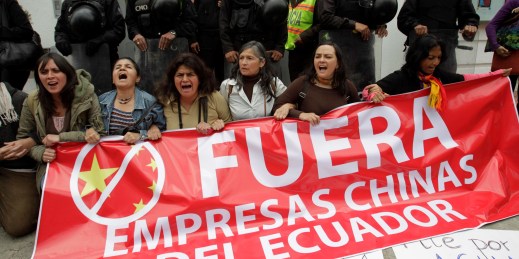
The Ecuador-China Free Trade Agreement has often been portrayed as a milestone for China in Latin America, but recent developments have thrown the fate of the deal into doubt. The sudden uncertainty has implications that extend beyond Ecuador’s borders, affecting the broader landscape of China’s relations across Latin America.
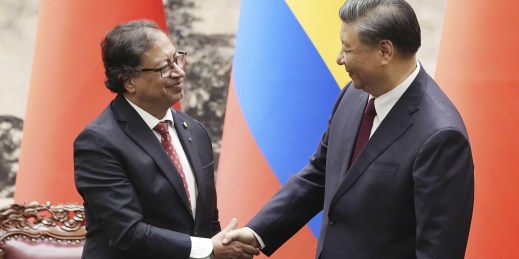
China’s expanding economic footprint in Latin America over the past 25 years has driven economic growth and shifted the geopolitical narrative across the region. But that engagement is now shifting as priorities change in China, Latin America and the U.S., at a time when Chinese growth is slowing and U.S.-China tensions are rising.
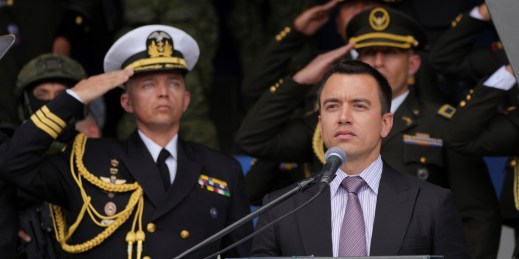
Ecuador’s grave security crisis could prove pivotal for the future of the country’s democracy. Similar crises across Latin American have created the temptation to toss out democracy as the cost of regaining security, as has been on most prominent display in El Salvador. For Ecuador, the stakes for could not be higher.
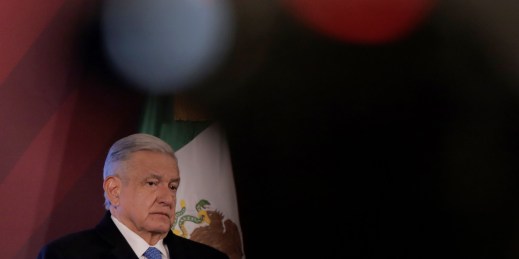
Six months before Mexico’s presidential election, President Andres Manuel Lopez Obrador’s approval rating is sitting at 55 percent. But a string of corruption allegations against his family and party have put AMLO on the defensive in recent weeks, chipping away the teflon coating that has protected him during his five years in office.
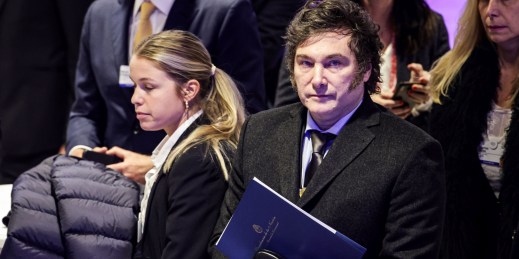
Since taking office Dec. 10, Argentine President Javier Milei has launched a flurry of initiatives to implement his pro-market agenda. But his decision to push through a massive package of reforms all at once and his insensitivity toward the social costs of his policies risk alienating key supporters and dooming his administration.
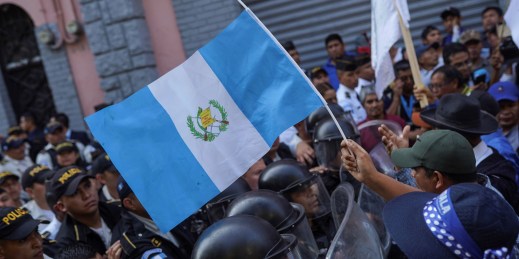
Attempts to subvert democracy have become a staple of our time. But amid this deeply worrisome trend is an encouraging development: Those attempts appear to be failing, as those who support democracy get better at defending it. Consider Guatemala, where a soft coup was defeated by the country’s citizens and international pressure.
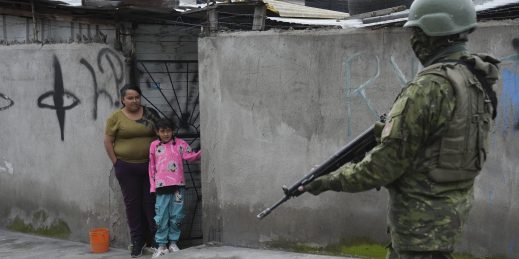
Last week, Ecuadorian President Daniel Noboa formally declared that the country is in a state of “internal armed conflict” against criminal gangs. But Ecuador’s security crisis is not internal at all. Regional and global trends have directly contributed to causing it, and its impact also extends beyond the country’s borders.
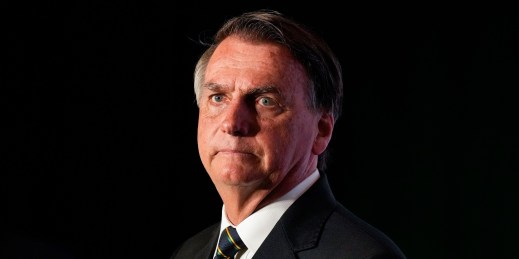
One year ago, Brazil experienced what looked its own version of the Jan. 6, 2021 Capitol Insurrection in Washington. Since then, though, the two countries, whose political dramas had momentarily converged, moved in completely different directions. Today, Brazilian democracy appears to have stabilized. American democracy has not.
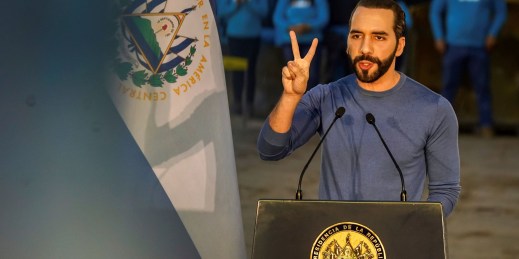
Of Latin America’s six presidential elections scheduled for 2024, the incumbent party is currently favored in four. Rather than a clear break in the region’s anti-incumbent trend, however, this year’s elections will be exceptions that prove the rule. Three of them offer examples of the challenges that democracy faces in the hemisphere.

